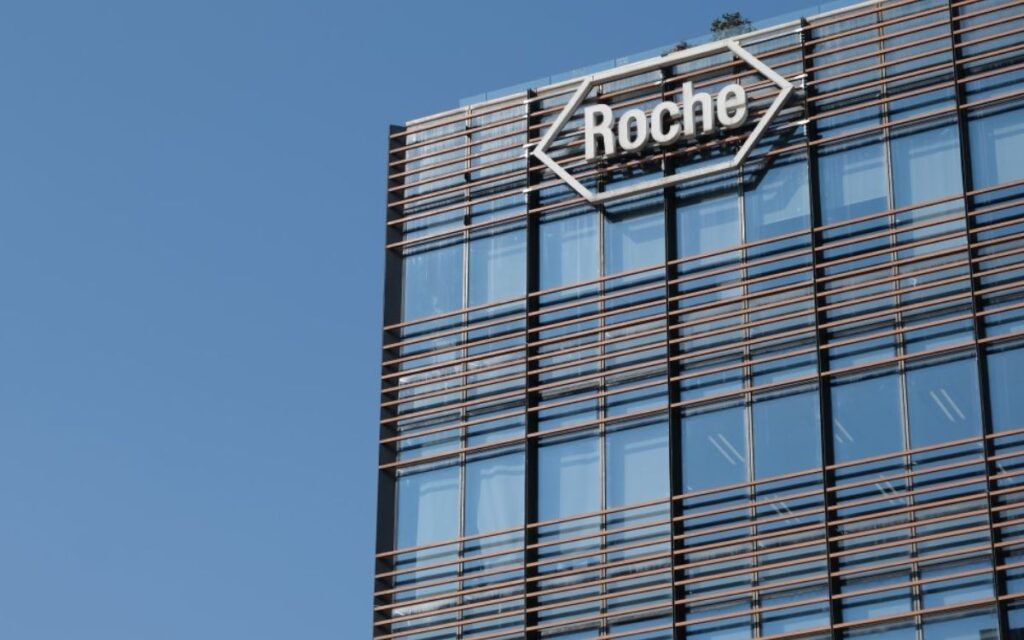Roche is taking a steadfast position in the realm of TIGIT-class therapies, even in the face of fluctuating data and industry developments. The commitment to TIGIT, a checkpoint inhibitor, is evident from Roche’s recent SKYSCRAPER-01 trial, which inadvertently disclosed promising results. This trial investigated a combination featuring Roche’s anti-TIGIT antibody tiragolumab in patients with first-line non-small cell lung cancer (NSCLC), showcasing a median overall survival of 22.9 months, compared to 16.7 months in the Tecentriq monotherapy group. While the data remains somewhat immature, Roche is optimistic about the results and is keen to collect more data from the SKYSCRAPER-01 trial.
Charlie Fuchs, SVP and Global Head of Oncology and Hematology Drug Development at Genentech and Roche, believes in the potential of TIGIT, particularly focusing on overall survival rather than progression-free survival (PFS) as a key measure of success. Fuchs emphasized that while PFS is essential in cancer immunotherapy, there are instances where PFS benefits are modest, but overall survival is positively impacted. Roche has placed significant emphasis on overall survival in its trials.
The release of SKYSCRAPER-01 data inadvertently sparked interest and revitalized the field of TIGIT research. Fuchs suggests that other companies, without naming them, have redoubled their efforts in response to Roche’s data. Several companies are exploring TIGIT therapies, with mixed results, but Fuchs remains optimistic about the potential of this class of drugs.
Also Read: Daiichi And AstraZeneca Expand ADC Pipelines After Enhertu Triumph
During the recent European Society for Medical Oncology (ESMO) meeting, TIGIT inhibitors were a notable topic of discussion, although much of the available data is still in its early stages, with the exception of Roche’s tiragolumab presentation. AstraZeneca presented phase 1/2 data on the TIGIT drug rilvegostomig in non-small cell lung cancer (NSCLC), though the focus was primarily on safety rather than efficacy.
Novartis has decided to step back from TIGIT inhibitors, terminating its partnership with BeiGene for ociperlimab. The collaboration had been working on a phase 3 NSCLC study as well as a phase 2 trial for triple negative breast cancer. In contrast, companies like Roche, Gilead, and Arcus remain committed to TIGIT research, with data presented in June demonstrating a reduced risk of disease progression in NSCLC.
Roche’s dedication to tiragolumab is evident in its extensive program, with approximately 22 studies listed in the company’s pipeline. Charlie Fuchs, SVP and Global Head of Oncology and Hematology Drug Development at Genentech and Roche, highlighted results from a phase 2 trial in first-line hepatocellular carcinoma, where response rates tripled, and a substantial improvement in progression-free survival (PFS) was observed.
Also Read: Keytruda: Merck’s Breakthrough Cancer Drug With Mixed Results At ESMO
While the data is still in its early stages, Fuchs expressed confidence in the clinical potential of TIGIT inhibitors. He emphasized that the true test will be in phase 3 trials, but the signals from randomized phase 2 efforts, both from Roche and other companies, indicate that this approach is likely to offer clinical benefits. In the wake of Roche’s inadvertent data disclosure, it appears that some companies have reevaluated their positions and are considering increased investments in TIGIT research.





























